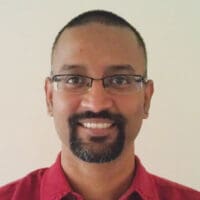Overview
Consciousness can be studied from many positions within both science and philosophy. This explored research on consciousness in the brain, theoretical models of consciousness in cognitive science, as well as neurophenomenological investigations and Buddhist views on consciousness. Christof Koch introduced a brain-focused approach to consciousness, and outlined the differences between states of consciousness (awake, deep sleep, coma), what we know about the neural basis of consciousness in human and non-human animals, and how these are studied in the laboratory and the clinic. Rajesh Kasturirangan discussed a theoretical cognitive model of consciousness by introducing the “self as organizer” presupposition as a bridging framework between the various Indian philosophical traditions and the mind-brain sciences. Michel Bitbol discussed consciousness from a phenomenological standpoint, challenging the view that conscious experience derives from a material basis.
- Dialogue 2627 sessions
- January 20, 2013Drepung Monastery, Mundgod, India


